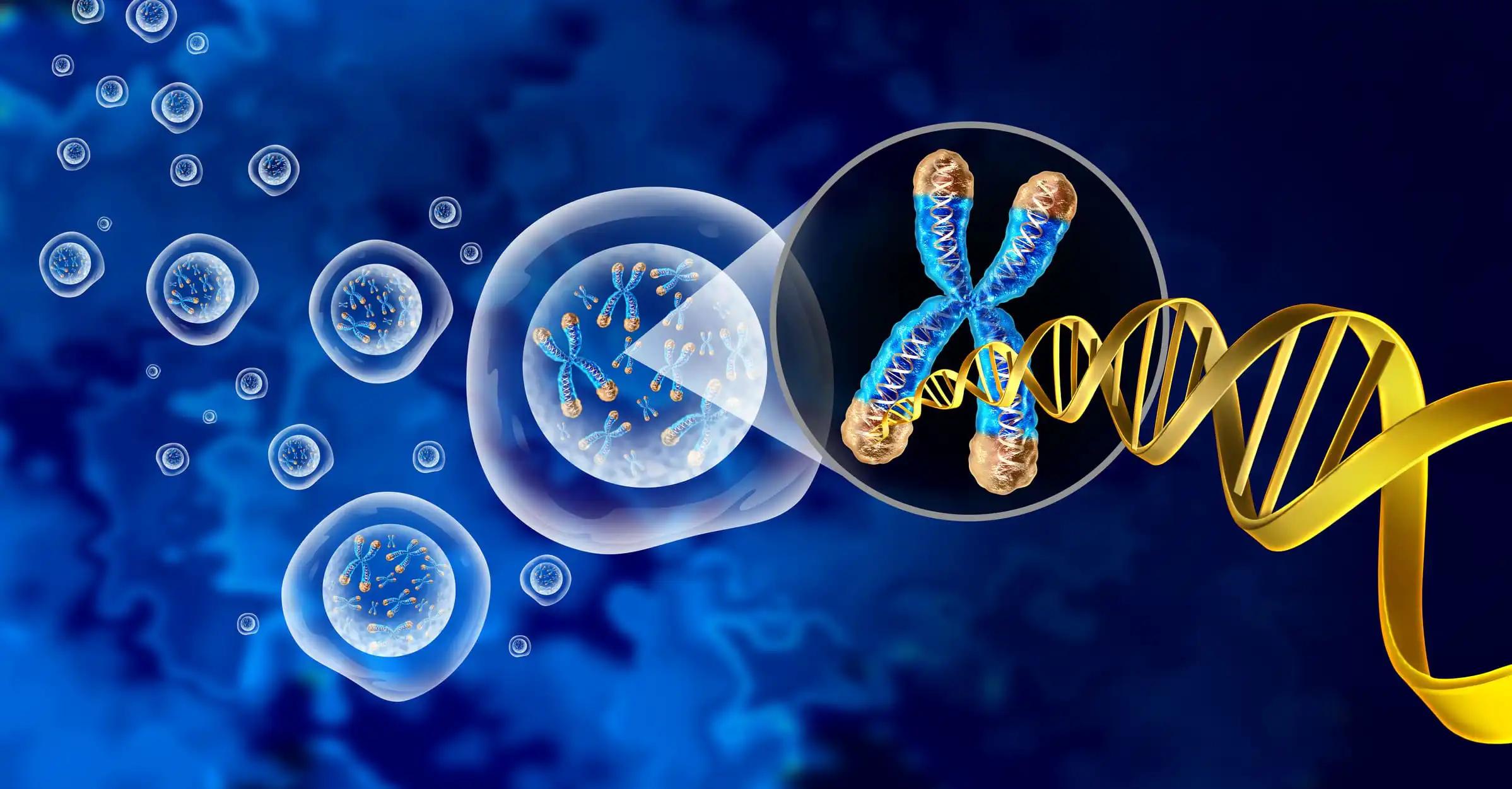KEY TAKEAWAYS
- The phase III MINDACT trial evaluated the outcomes of patients with ultralow-risk breast cancer.
- The method used in this study involved profiling 6,693 patients with breast cancer and identifying 1,000 patients with an ultralow-risk 70-gene signature.
- The outcomes of interest were disease-free survival, distant metastasis-free interval, and breast cancer-specific survival.
- The majority of patients with an ultralow-risk profile were above the age of 50, and had tumors equal to or less than 2 cm in size.
- Individuals exhibiting an ultralow-risk 70-gene signature have a highly favorable prognosis with a 97% 8-year distant metastasis-free interval rate.
Historical cohorts and randomized trials have demonstrated excellent survival rates among patients diagnosed with ultralow-risk breast cancers with a 70-gene signature. The subgroup with an extremely low-risk profile was identified to prevent unnecessary medical intervention. The outcomes of patients with ultralow risk were assessed in the most extensive cohort available. Among the 6,693 patients who participated in the EORTC-10041/BIG-3-04 randomized phase III MINDACT trial, profiling identified an ultralow-risk 70-gene signature in 1,000 patients (15%). The DMFI and BCSS were evaluated in patients categorized based on their 70-gene signature outcome (high, low, and ultralow) using Kaplan-Meier analysis and hazard ratios with a 95% confidence interval from Cox regression.
The median duration of follow-up was 8.7 years. Out of a sample size of 1,000 patients with an ultralow-risk profile, 67% were above the age of 50. Additionally, 81% of these patients had tumors equal to or less than 2 cm in size, 80% had no involvement of lymph nodes, and 96% had tumors classified as grade 1 or 2. Furthermore, 99% of these patients were positive for estrogen receptor (ER), 84% underwent systemic therapy, 69% received endocrine therapy, 14% received endocrine therapy in conjunction with chemotherapy, and 1% received other therapies forms of therapy. The remaining 16% did not receive any adjuvant systemic treatment. The 8-year disease-free survival rate for ultralow-risk patients was found to be 97.0% (95% CI, 95.8 to 98.1), which was comparatively higher by 2.5% than the disease-free survival rate of patients with low-risk tumors (n = 3,295, 94.5% [95% CI, 93.6 to 95.3]). The DMFI hazard ratio was found to be 0.65 (95% CI, 0.45 to 0.94) for individuals classified as an ultralow risk compared to those classified as low risk, following clinical-pathologic and treatment characteristics adjustments.
The 8-year breast cancer-specific survival rate for patients with ultralow risk was 99.6%, with a 95% confidence interval of 99.1 to 100. Individuals exhibiting an ultralow-risk 70-gene signature demonstrate a highly favorable prognosis, distinct from those with low risk. These patients exhibit a breast cancer-specific survival rate exceeding 99% over 8 years, and only a small minority of individuals experience distant metastases, with an 8-year distant metastasis-free interval rate of 97%. These individuals may be suitable for additional treatment de-escalation to prevent overtreatment and potential adverse effects.
Source: https://pubmed.ncbi.nlm.nih.gov/35061525/
Clinical Trail: https://clinicaltrials.gov/ct2/show/NCT00433589
Lopes Cardozo JMN, Drukker CA, Rutgers EJT, Schmidt MK, Glas AM, Witteveen A, Cardoso F, Piccart M, Esserman LJ, Poncet C, van ‘t Veer LJ. Outcome of Patients With an Ultralow-Risk 70-Gene Signature in the MINDACT Trial. J Clin Oncol. 2022 Apr 20;40(12):1335-1345. doi: 10.1200/JCO.21.02019. Epub 2022 Jan 21. PMID: 35061525.



